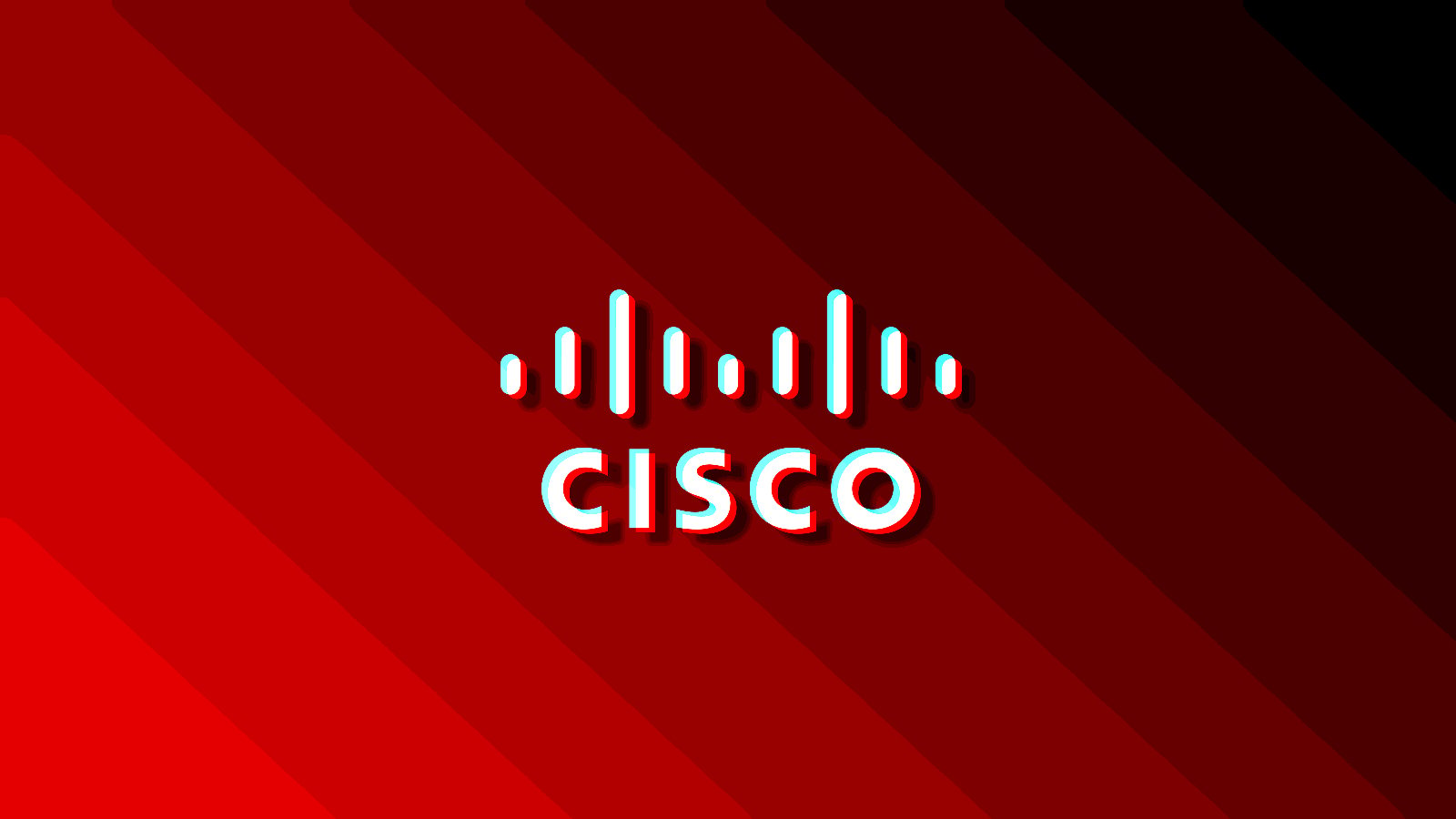How Rust went from a aspect task to the world’s most-loved programming language
4 min read
Hoare lived on the 21st ground, and as he climbed the stairs, he obtained annoyed. “It’s preposterous,” he believed, “that we computer system persons couldn’t even make an elevator that is effective without crashing!” Quite a few these types of crashes, Hoare realized, are due to problems with how a application employs memory. The software package inside gadgets like elevators is normally created in languages like C++ or C, which are famous for letting programmers to generate code that runs pretty swiftly and is very compact. The problem is these languages also make it straightforward to accidentally introduce memory bugs—errors that will cause a crash. Microsoft estimates that 70% of the vulnerabilities in its code are thanks to memory errors from code created in these languages.
Most of us, if we uncovered ourselves trudging up 21 flights of stairs, would just get pissed off and depart it there. But Hoare decided to do anything about it. He opened his laptop computer and started planning a new laptop or computer language, a person that he hoped would make it possible to create compact, rapid code without the need of memory bugs. He named it Rust, right after a group of remarkably hardy fungi that are, he suggests, “over-engineered for survival.”
Seventeen decades later, Rust has grow to be a person of the best new languages on the planet—maybe the most popular. There are 2.8 million coders crafting in Rust, and providers from Microsoft to Amazon regard it as important to their future. The chat system Discord used Rust to velocity up its system, Dropbox makes use of it to sync files to your pc, and Cloudflare utilizes it to procedure far more than 20% of all world wide web targeted visitors.
When the coder dialogue board Stack Overflow conducts its once-a-year poll of builders around the entire world, Rust has been rated the most “loved” programming language for seven decades managing. Even the US government is avidly selling software in Rust as a way to make its procedures additional safe. The language has develop into, like lots of thriving open up-supply initiatives, a barn-boosting: there are now hundreds of die-tricky contributors, quite a few of them volunteers. Hoare himself stepped aside from the undertaking in 2013, pleased to convert it in excess of to people other engineers, including a main staff at Mozilla.
It is not abnormal for an individual to make a new laptop or computer language. Lots of coders make little ones as side assignments all the time. But it is meteor-strike exceptional for a person to take hold and come to be element of the pantheon of nicely-known languages alongside, say, JavaScript or Python or Java. How did Rust do it?
To grasp what tends to make Rust so beneficial, it is worthy of using a peek beneath the hood at how programming languages offer with personal computer memory.
You could, incredibly crudely, assume of the dynamic memory in a computer system as a chalkboard. As a piece of software runs, it’s regularly crafting very little bits of data to the chalkboard, trying to keep observe of which a person is where by, and erasing them when they’re no lengthier essential. Distinct personal computer languages take care of this in unique approaches, nevertheless. An older language like C or C++ is designed to give the programmer a whole lot of energy in excess of how and when the software makes use of the chalkboard. That ability is valuable: with so significantly control in excess of dynamic memory, a coder can make the software program run extremely swiftly. That is why C and C++ are usually employed to publish “bare metal” code, the sort that interacts straight with components. Equipment that really do not have an working system like Windows or Linux, including almost everything from dialysis devices to cash registers, run on these code. (It is also made use of for more advanced computing: at some place an working system requires to talk with hardware. The kernels of Home windows, Linux, and MacOS are all appreciably penned in C.)
“It’s pleasurable to produce Rust, which is perhaps kind of bizarre to say, but it’s just the language is amazing. It is exciting. You feel like a magician, and that under no circumstances comes about in other languages.”
Parker Timmerman, program engineer
But as fast as they are, languages like C and C++ come with a trade-off. They involve the coder to continue to keep careful keep track of of what memory is remaining composed to, and when to erase it. And if you unintentionally fail to remember to erase one thing? You can induce a crash: the software program later on on might test to use a area in memory it thinks is empty when there’s actually a little something there. Or you could give a digital intruder a way to sneak in. A hacker might learn that a plan is not cleaning up its memory correctly—information that ought to have been wiped (passwords, financial details) is still hanging around—and sneakily seize that information. As a piece of C or C++ code gets even bigger and larger, it is probable for even the most mindful coder to make heaps of memory faults, filling the application with bugs.






